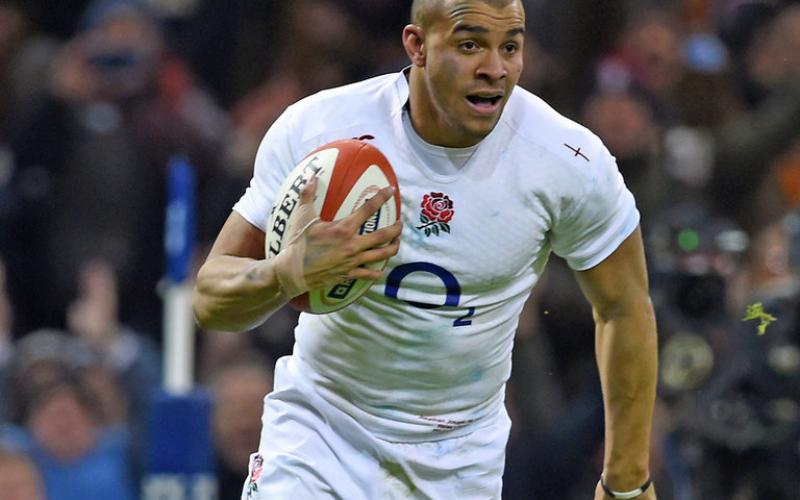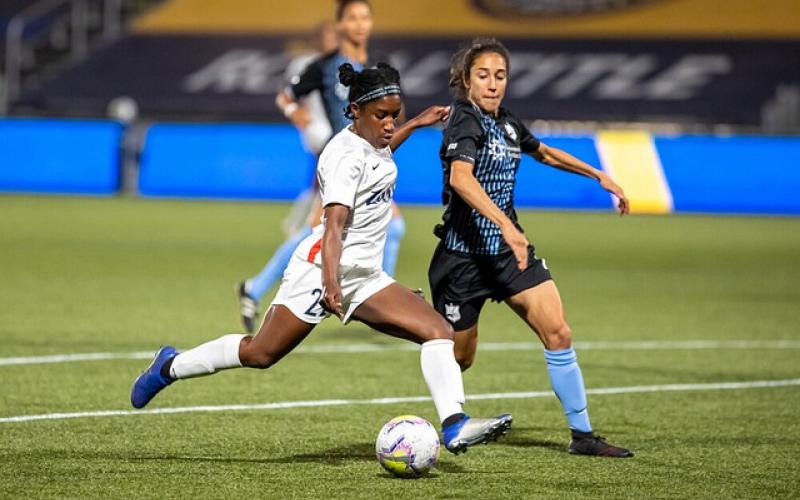Are unstable finances threatening rugby club’s existence?

Numerous rugby clubs in the past year are reporting that they are under pressure on playing numbers, dropping teams and attacking volunteers to help run their club! The number of teams within a junior club has reduced from recent years, as clubs that used to able to turn out six or seven teams, now turn out three or less. This comes down to the economy, competition from others clubs and an ever growing occurrence of unsustainable club commercials, many linked to the paying of the players.
The following example is a classic case of amateur rugby clubs all over the country:
Imagine an area that has around seven amateur clubs; one of the clubs wants the best players therefore pay each player in the squad £50 per week. This bonus for the player is not life changing, but it is enough to encourage the player to play with the clubs badge on their chest. These payments to the players seems small, but can put the club under financial pressure when you multiply it by 30 for the squad and then over 24 weeks for the season. This equals to £36,000 spent on wages before operating costs!
To afford this the club must have an operating bar that is profitable or an investor that is prepared to back the club finances….. How sustainable is this?
However, attracting top players in the league means they are likely to get promotion. Being promoted can put further pressure on the club. Pressure on budgets is realised as operational costs around travel, grounds, player welfare increase, cost reduction could fall on wages, while player expectation assume a rise in line with promotion. Role on player demotivation and exit to other clubs, or worst still from the game! Some, wisely resist the temptation; others do not. Once the club starts spending more this often ends badly. Its not uncommon from information we have seen that player’s wages have seen threefold increases to £150 per week, therefore the season wages expenditure goes up to £100,000.
The club’s league promotions continue and so does the wage of each player, until there is a point where the club is in a league that is too high. That season they may lose most of their games and end up being near the bottom of the league or relegated. Following this poor season they end up losing their best players to other teams in that league and are left at risk of not having any players seeing as all the old ‘clubmen’ have left through lack of game time or annoyance at the new club system.
In addition, much of club’s infrastructure, original players and volunteers that loved the club have been lost. All that is left are the players that do not want to be playing for a lesser wage or no wage at all. It becomes a case of what can the club do for the players, not what the players can do for the club. Subsequently, the club can spiral out of control and end up in a sticky situation. Just look at the recent demise of London Welsh.
In summary, clubs that pay players at amateur level are under pressure financially. Something needs to be put in place to ensure that all clubs at every level can be supported and be managed financially to ensure their longevity and continued development of youth sport.
This would give a necessary structure for talent to go up the ranks and play professionally. This also grows the real spirit of rugby and allows rugby to thrive.
You may also like
-

- Sponsorship Industry News
The Rise of Hyperlocal Marketing – Rebuilding Society
Not only has a new agency been formed during the most difficult of times but there was also an acknowledgement of Hyperlocal Marketing.
-

- Sponsorship Industry News
PepsiCo agree five-year sponsorship of UEFA women’s competitions
PepsiCo has signed a new five-year partnership with UEFA to sponsor its women’s football competitions, UEFA Women's Champions League and the UEFA Women's EURO.
-

- Sponsorship Industry News
Paralympics GB partners with Papa John’s ahead of Tokyo 2020
Papa John’s have teamed with Paralympics GB ahead of the rescheduled Tokyo 2020 Paralympic Games as they aim to raise £250,000 between the pizza chain's staff and customers




